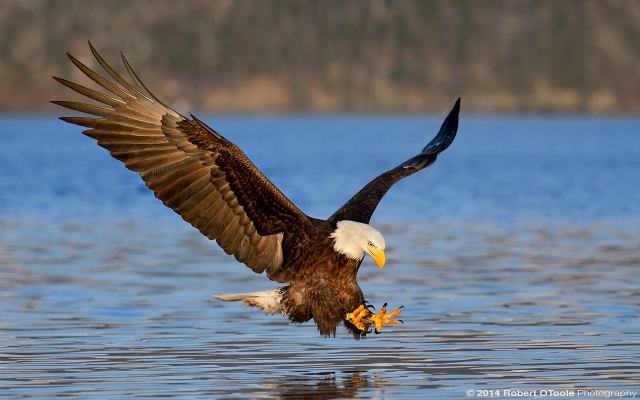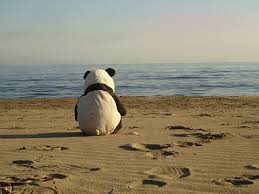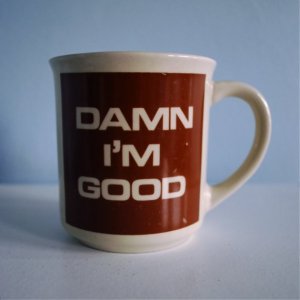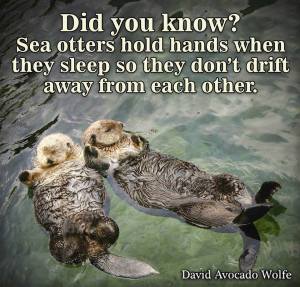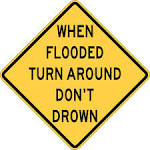So the other day, I was reading Robert Okaji’s poetry blog and he gave an example of a form of poetry I had never before heard of, the cento, a patchwork poem made from the lines of other poems. Naturally, I immediately wanted to do this, and today I sat down and did. I picked out some of my favorite volumes by some of my favorite writers on my main poetry shelf (the one I can reach without a ladder or chair) and went to work. My cat jumped up on the table, settled himself under his tanning lamp with his feet on my wrist and watched. So here it is. I have listed the poem each line is from below. They are in reverse chronological order because I moved from A to Z and put the stack down backwards. Sigh. See what you think.
Cento
Ah, the shining pastures of salt:
Flames bouncing off the river’s back,
A photograph of an eagle just setting down,
Bright fog reaching over the beaches.
How poignant and amplified the world before me seemed.
In this condition I write extraordinary love poems,
Strengthening our embrace.
…
I mostly chose lines that had roughly similar rhythm and length and ended with a short line, as that feels more musical. I like it because it is sort of representative of the inner geography of my mind when I sit down to write: the inside reality is bigger and grander than the outside reality. And I have been writing love poems of a sort lately; I am not actually in love myself, it is only part of a project. Then again, May Sarton would say that all writing is a love poem because love is attention to details.
…
Willard, Nancy. Missionaries among the Heathen. Water Walker.
Troupe, Quincy. Snakeback Solo #2. Avalanche.
Piercy, Marge. What Goes Up. Stone, Paper, Knife.
Ursula K. LeGuin. Incredible Good Fortune, Incredible Good Fortune.
Collins, Billy. Marginalia, and Purity. Sailing Along around the Room.
Boland, Eavan. VII. First Year, Against Love Poetry.
OToole, Robert. Eagle Morning Strike. Photo.
